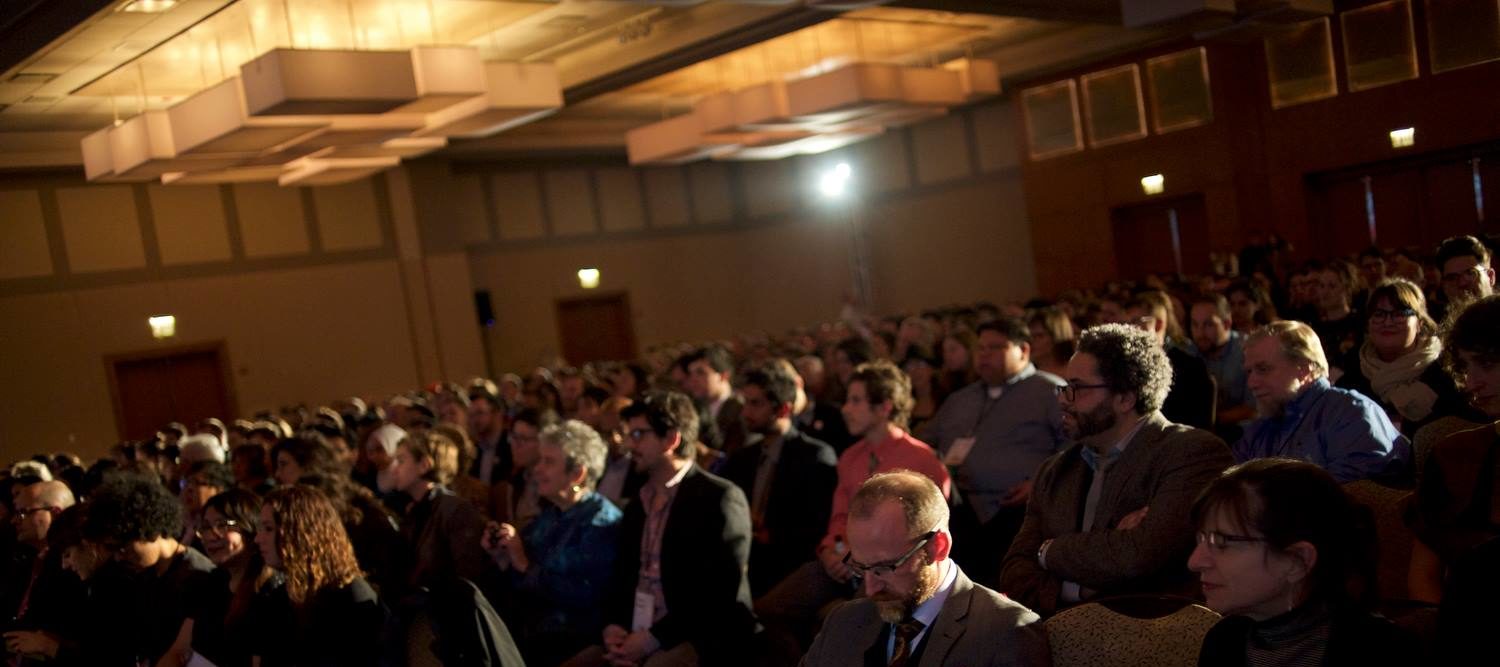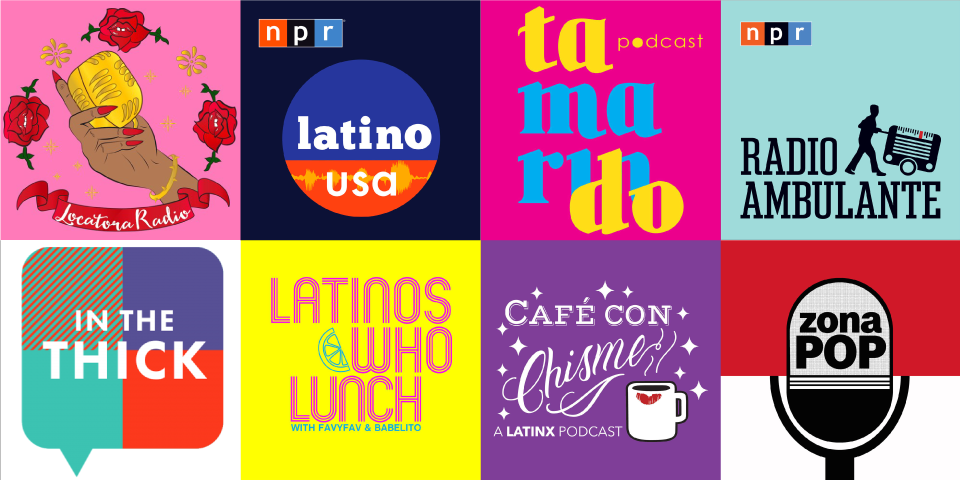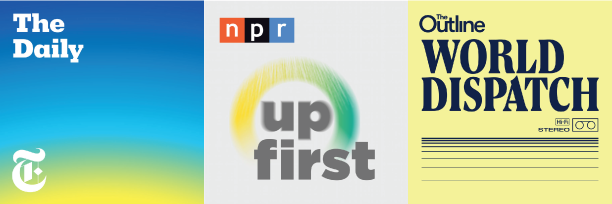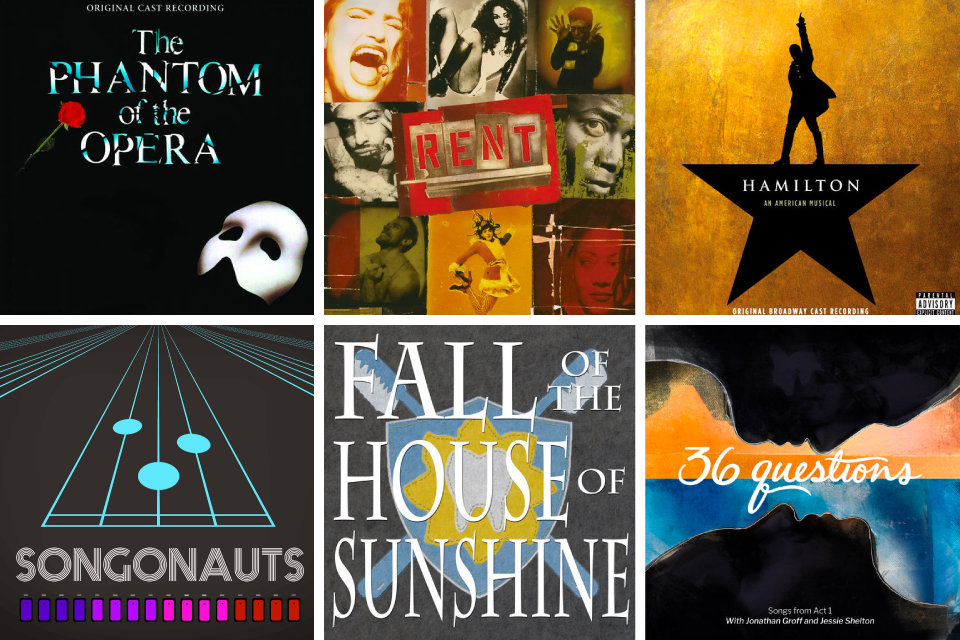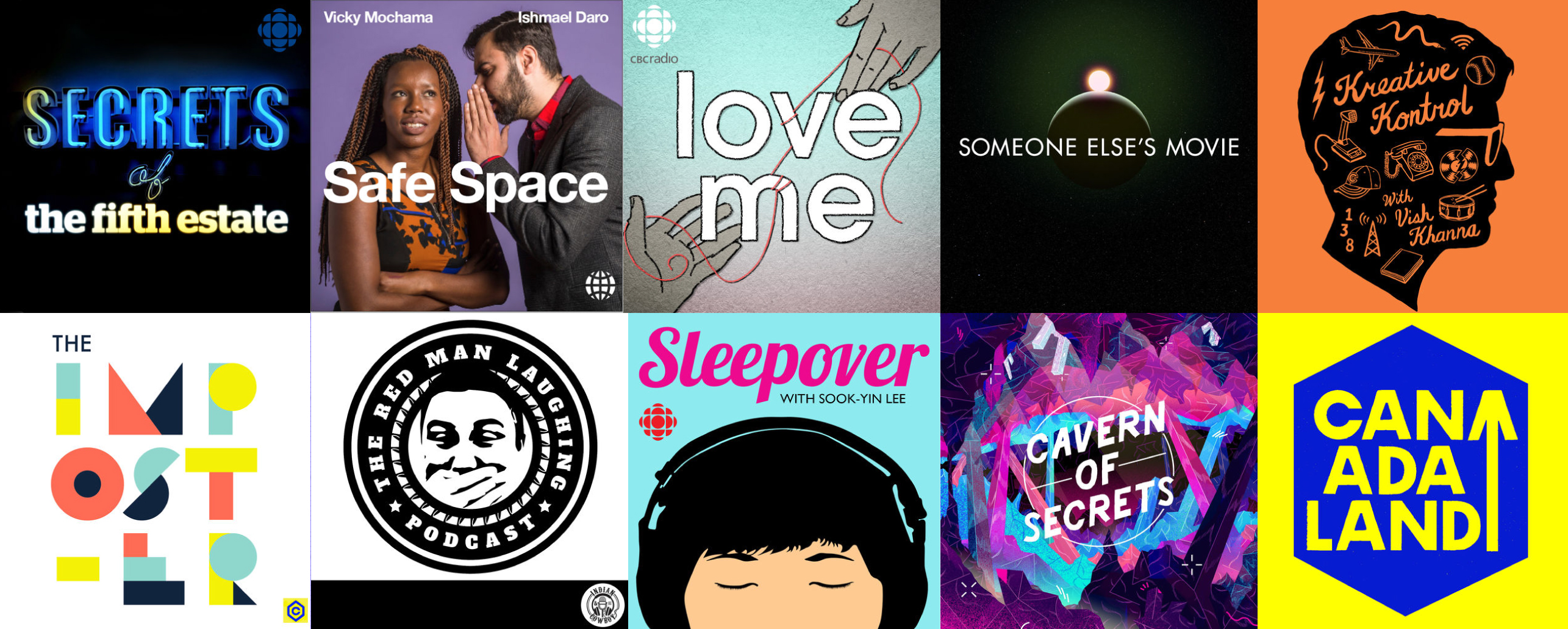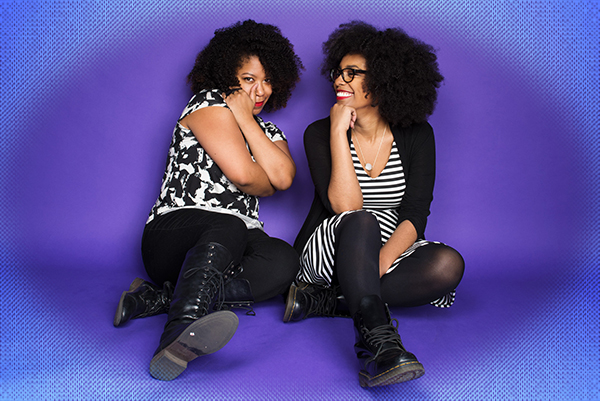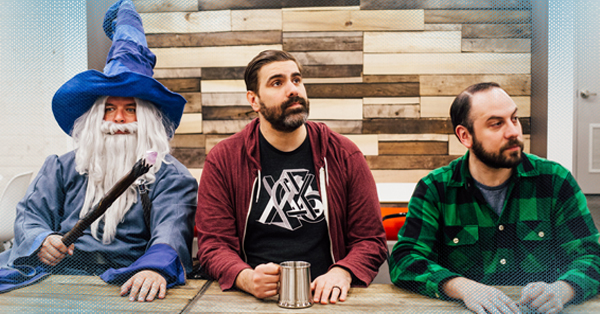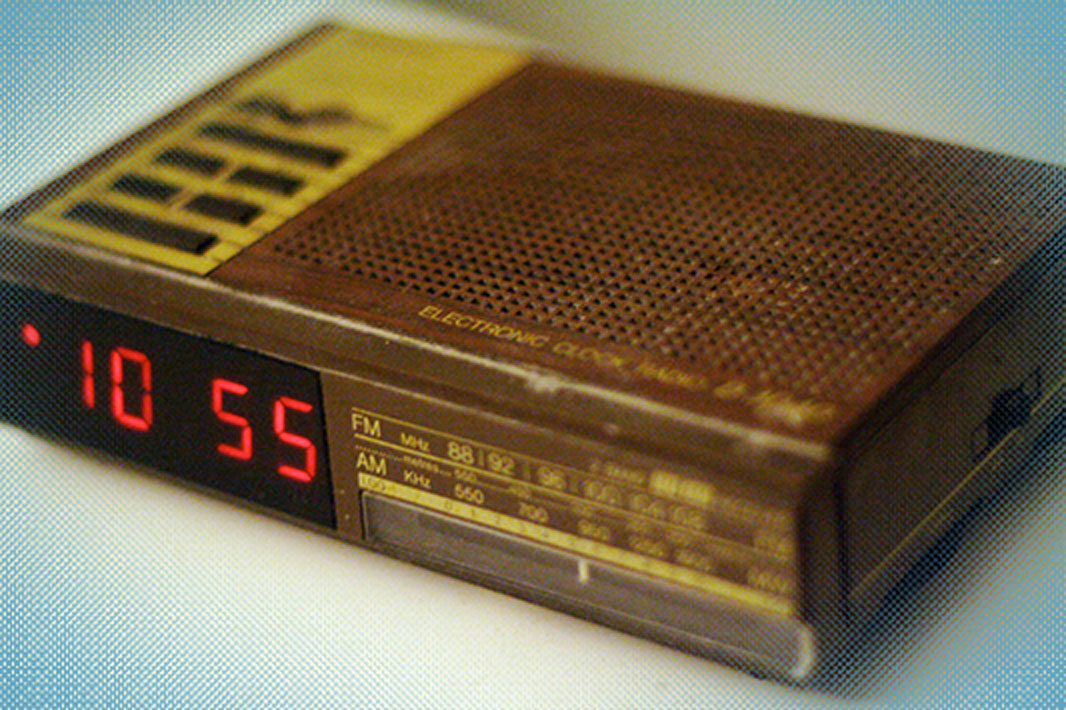Last month I had the great fortune of attending the 2017 Third Coast Conference, put on by the Third Coast International Audio Festival. Though it was only my second year in attendance, I already feel an unabashed love for Third Coast and all that they have done for the furtherance of narrative audio storytelling. Following their work over the years has only served to make me that much more of a perceptive listener to, and observer of, the world of audio. In this present moment, adopting a bird’s eye perspective of the podcast landscape reveals the Third Coast organization and conference’s indelible fingerprints on this century’s communal listening experiences. From Re:Sound, to Radiotopia, many of audio’s major players can credit the organization as having been integral in their growth. That its rise in prominence has coincided with that of the podcast medium is largely by design and not mere coincidence.
Amid the joy of the Third Coast conference, questions about the essence of podcasts
